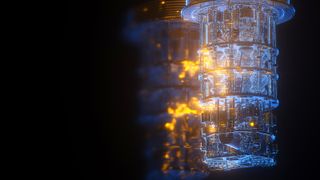Computing news, features and articles
Latest about Computing
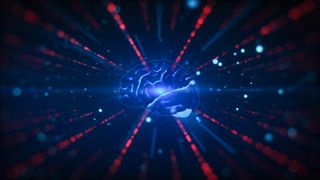
Scientists say they've eliminated a major AI bottleneck — now they can process calculations 'at the speed of light'
By Tristan Greene published
A new architecture replaces traditional bottlenecks with a passive, single-shot light-speed operation that could become the foundational hardware for AGI, scientists argue.
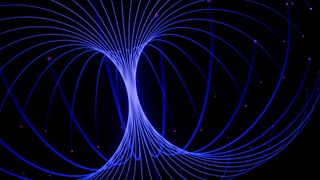
Dream of quantum internet inches closer after breakthrough helps beam information over fiber-optic networks
By Owen Hughes published
Built from a single erbium atom, a hybrid quantum bit encodes data magnetically and beams it through fiber-optic wavelengths.
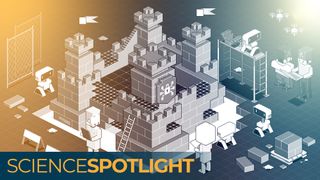
Quantum computing will make cryptography obsolete. But computer scientists are working to make them unhackable.
By Joanna Thompson published
When quantum computers become commonplace, current cryptographic systems will become obsolete. Scientists are racing to get ahead of the problem and keep our data secure.

IBM unveils two new quantum processors — including one that offers a blueprint for fault-tolerant quantum computing by 2029
By Keumars Afifi-Sabet published
IBM has released two new complex quantum processors alongside a new framework that would allow us to track the first demonstration of quantum advantage.
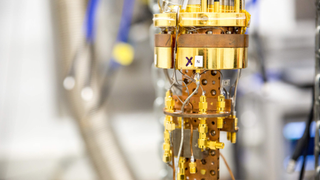
Exotic 'time crystals' could be used as memory in quantum computers, promising research finds
By Anna Demming published
Experiments show that a time crystal based on magnons can interact with mechanical waves without being destroyed.
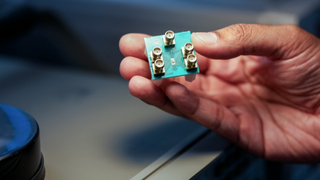
Scientists create world's first microwave-powered computer chip — it's much faster and consumes less power than conventional CPUs
By Peter Ray Allison published
A new kind of processor that uses microwaves can be used in future AI systems or in wireless communications, a new study shows.

'This is easily the most powerful quantum computer on Earth': Scientists unveil Helios, a record-breaking quantum system
By Keumars Afifi-Sabet published
Scientists have built a 98-qubit machine that they say performs better than any other quantum computer in the world. They've used it to gain new insights into superconducting physics.
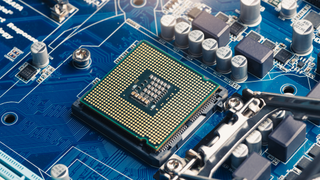
China solves 'century-old problem' with new analog chip that is 1,000 times faster than high-end Nvidia GPUs
By Owen Hughes published
Researchers from Peking University say their resistive random-access memory chip may be capable of speeds 1,000 faster than the Nvidia H100 and AMD Vega 20 GPUs.
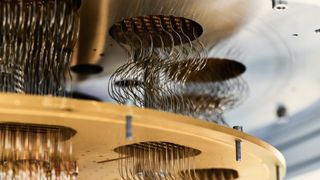
Google's breakthrough 'Quantum Echoes' algorithm pushes us closer to useful quantum computing — running 13,000 times faster than on a supercomputer
By Keumars Afifi-Sabet published
The new quantum computing algorithm, called "Quantum Echoes," is the first that can be independently verified by running it on another quantum computer.
Get the world’s most fascinating discoveries delivered straight to your inbox.
 Live Science Plus
Live Science Plus





